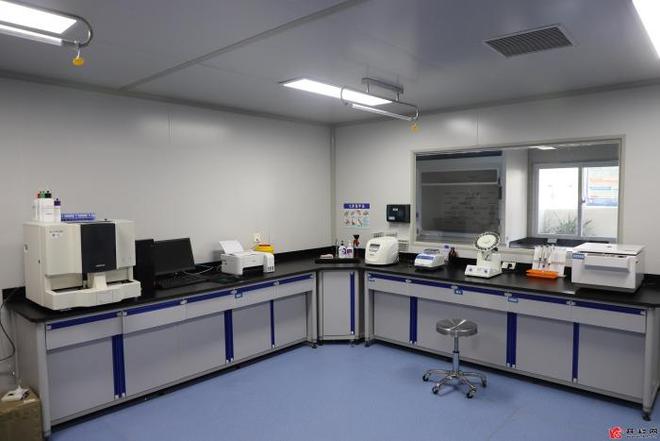How to Effectively Prevent AIDS: Key Strategies for a Safer Community
In the realm of public health, the fight against AIDS (Acquired Immune Deficiency Syndrome) remains a pivotal battle. With its roots in the HIV (Human Immunodeficiency Virus) infection, AIDS weakens the immune system, making individuals highly susceptible to various illnesses and infections. Given its serious implications, understanding how to prevent AIDS is crucial for fostering a healthier and safer society. Here are some key strategies to help curb the spread of this devastating disease.

1. Education is Power
First and foremost, comprehensive education about AIDS and HIV transmission is vital. Knowledge dissemination should emphasize that HIV is primarily transmitted through unprotected sexual contact, contaminated blood transfusions, and from mother to child during pregnancy or breastfeeding. By educating individuals on these facts, we empower them to make informed decisions and adopt safer behaviors.
2. Promote Safe Sex Practices
Sexual activity is a significant route of HIV transmission. Encouraging the use of condoms, especially in high-risk situations, can significantly reduce the risk of infection. Additionally, promoting monogamy and regular STD (Sexually Transmitted Disease) screenings among sexually active individuals can further mitigate the spread.
3. Access to Clean Blood and Medical Equipment
Ensuring that blood supplies are rigorously tested and that medical equipment is properly sterilized is imperative. This practice prevents the reuse of needles and syringes, which can be major vectors for HIV transmission, especially in healthcare settings and among drug users.
4. Support for Pregnant Women
Pregnant women should undergo HIV testing, and those found positive should be provided with timely antiretroviral therapy (ART) to prevent mother-to-child transmission. This intervention, combined with appropriate medical care during pregnancy and childbirth, can drastically reduce the likelihood of infants acquiring HIV.

5. Community Involvement and Support
Communities play a pivotal role in AIDS prevention. By fostering open discussions, reducing stigma associated with HIV/AIDS, and providing access to testing and treatment services, we create an environment conducive to early detection and management of the virus.
In conclusion, preventing AIDS requires a multifaceted approach that encompasses education, safe sex practices, access to clean medical resources, support for vulnerable populations, and community engagement. By working together, we can significantly reduce the incidence of HIV and build a healthier, more resilient society.
为何艾滋病的早期发现至关重要?在感染初期,HIV病毒会迅速增殖,并潜入特定细胞内形成持久的休眠病毒库。尽管抗病毒药物能有效清除游离态的HIV病毒,但对于已整合到宿主DNA中的病毒库却束手无策,因为HIV通过逆转录过程将自身遗传信息嵌入宿主细胞,形成了难以清除的前病毒状态。一旦停止治疗,病毒库中的病毒会再度活跃,导致病毒载量急剧攀升,这也是艾滋病需长期治疗、难以根治的根源所在。
艾滋病的发现越滞后,体内的病毒库规模越大,治疗难度也相应增加,疾病进展速度加快。对于存在高危行为的人群,强烈推荐优先考虑核酸检测。核酸检测不仅窗口期短、准确性高,更重要的是,它能在感染初期、病毒尚未达到高峰时提供宝贵的诊断时间。HIV感染后2至4周内,病毒载量可达峰值,每天可产生数十亿个病毒颗粒,而核酸检测的窗口期仅为7天,比其他检测方法提前三周以上,能在病毒爆发前及时发现。
早期发现意味着病情更易控制,若能及时诊断,艾滋病可被视为一种慢性疾病,对患者预期寿命影响有限,且国家提供免费治疗支持。然而,若发现较晚,患者的平均寿命可能缩短至2至10年,这无疑是一个沉重的遗憾。
若您计划进行核酸检测,请务必选择具备完整资质的大型实验室,最好是全国知名的艾滋病检测实验室,以确保检测结果的准确性。核酸检测是一项高度专业化的检测,需要先进的设备、精湛的技术以及专业的操作人员,这样的实验室才能提供可靠、准确的检测结果。



